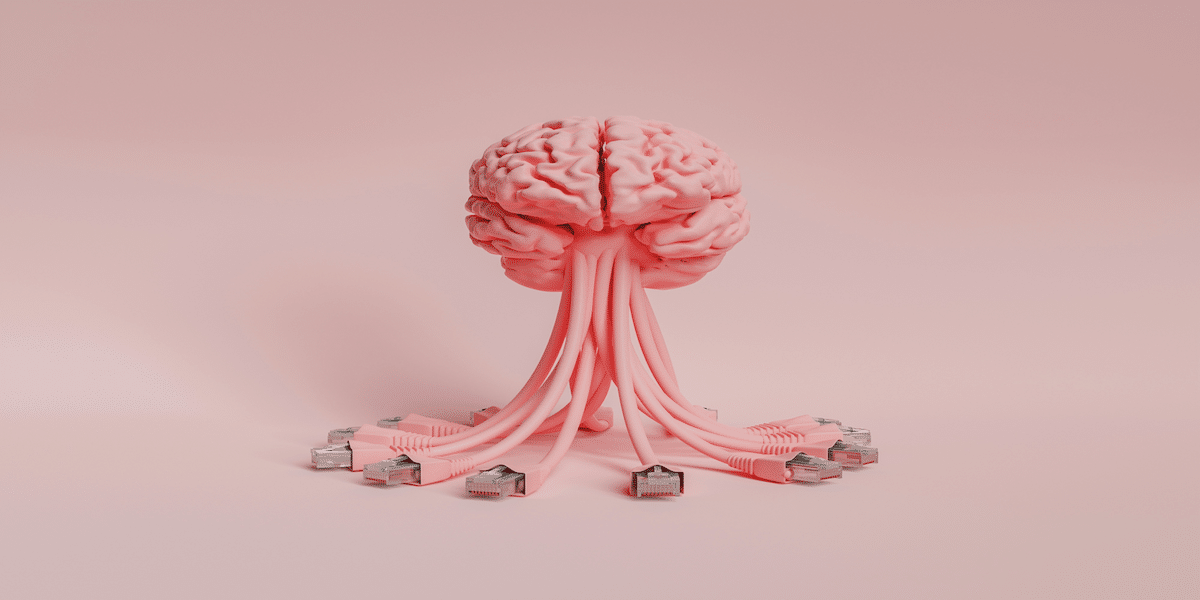Image commercially licensed from Unsplash
Pinched nerves, also known as compressed nerves or nerve entrapment, can be a source of significant discomfort and pain. These conditions can arise in various parts of the body, most commonly in the spine, neck, or extremities. While minor cases may resolve on their own with rest and gentle exercises, more severe or persistent symptoms often require medical attention. This article explores the warning signs indicating when to seek help for a pinched nerve, what will a neurologist do for pinched nerve? and sheds light on the expertise offered by South Valley Neurology in managing these conditions.
Understanding Pinched Nerves
Before delving into the warning signs, it’s essential to have a basic understanding of what pinched nerves are. Nerves in our body serve as the body’s information highway, transmitting signals between the brain and different body parts. When a nerve gets compressed or “pinched,” it can disrupt the normal flow of signals, leading to a range of symptoms.
Common Causes Of Pinched Nerves:
Herniated Discs: A common cause of pinched nerves in the spine is a herniated or bulging disc that presses against nearby nerves.
Bone Spurs: Over time, bones can develop growths called bone spurs, which can encroach upon nerves.
Injuries: Trauma or accidents can lead to nerve compression.
Repetitive Motions: Certain occupations or activities that involve repetitive movements can contribute to nerve entrapment.
Arthritis: Conditions like osteoarthritis can cause joint changes that affect nerve pathways.
Warning Signs Of A Pinched Nerve
Persistent Pain: One of the hallmark symptoms of a pinched nerve is persistent pain. People often describe this pain as sharp, burning, or tingly, and it may spread along the nerve that is hurt. If the pain lingers for an extended period, it’s time to consult a medical professional.
Numbness or Weakness: If you experience numbness or weakness in a specific area of your body, it could be a sign of nerve compression. This symptom can affect your ability to perform everyday tasks and should not be ignored.
Tingling Sensations: A pins-and-needles sensation, or tingling, can indicate nerve irritation. If you frequently experience tingling in a particular area, especially the hands, arms, legs, or feet, it’s wise to seek a medical evaluation.
Radiating Pain: Pain that travels down your arms or legs, following the path of a nerve, is a strong indicator of a pinched nerve. This pain can make it challenging to pinpoint the exact source of the problem, making professional assessment crucial.
Muscle Atrophy: In severe cases of long-term nerve compression, muscle weakness and atrophy (shrinking) can occur. This is a clear indication that the nerve issue needs immediate attention.
Burning Sensation: A burning sensation along the nerve pathway can be a sign of nerve compression. This sensation can be uncomfortable and interfere with your daily life.
Difficulty with Coordination: Nerve compression can impact your fine motor skills and coordination. If you notice sudden difficulties with tasks that were once routine, such as buttoning a shirt or holding a pen, it’s time to consult a healthcare professional.
What Will A Neurologist Do For A Pinched Nerve?
Anyone who is having any of the above danger signs should get help from a medical professional. Doctors who focus on neurology find and treat problems with the nervous system, like pinched nerves. South Valley Neurology, a leading neurology practice, offers expert guidance and care for individuals dealing with pinched nerve issues.
Here’s what you can expect when consulting a neurologist like those at South Valley Neurology for a pinched nerve:
Comprehensive Evaluation: Neurologists will conduct a thorough evaluation, which may include reviewing your medical history, conducting physical examinations, and possibly ordering diagnostic tests such as MRI or nerve conduction studies to pinpoint the location and severity of nerve compression.
Accurate Diagnosis: Neurologists have the expertise to accurately diagnose the underlying cause of the pinched nerve, whether it’s due to a herniated disc, bone spur, or other factors. This precise diagnosis is essential for developing an effective treatment plan.
Customized Treatment: South Valley Neurology understands that each patient’s situation is unique. They will come up with a treatment plan just for you based on your needs and how bad your pinched nerve is. Some possible treatments are drugs, physical training, and changes to how you live your life.
Minimally Invasive Procedures: Some neurologists may suggest slightly invasive procedures to ease nerve compression when conservative treatments don’t work. These procedures aim to decompress the nerve and alleviate symptoms.
Patient Education: Neurologists at South Valley Neurology will educate you about your condition, its causes, and strategies to prevent recurrence. Patient empowerment through knowledge is a key component of their approach.
Follow-Up Care: Pinched nerve treatment may require ongoing monitoring and adjustments. Neurologists will schedule regular follow-up appointments to track your progress and make necessary changes to your treatment plan.
Conclusion
A pinched nerve can significantly impact your quality of life, but timely intervention can lead to effective relief and recovery. Remember, persistent pain, numbness, weakness, or any other unusual symptoms should not be ignored. With the expertise and tailored care provided by neurologists, you can take proactive steps to address your pinched nerve and look forward to a pain-free, active life. Don’t hesitate to reach out to South Valley Neurology for professional guidance and assistance in managing your pinched nerve condition. Your well-being is their priority.

















